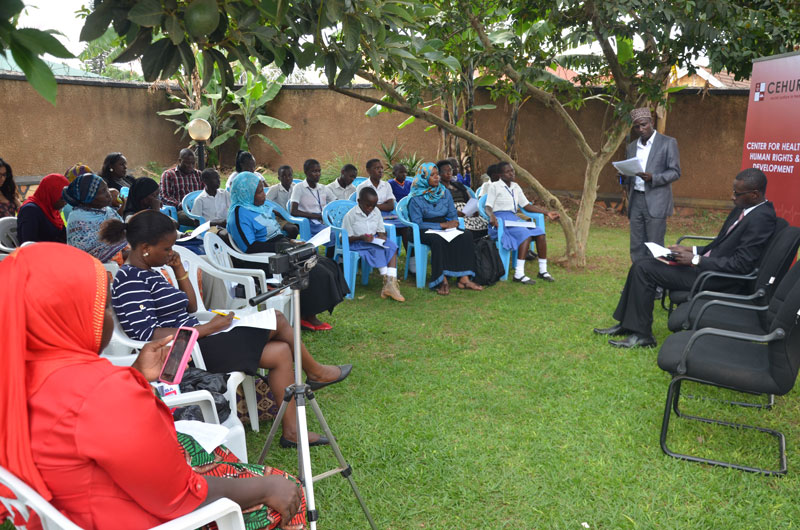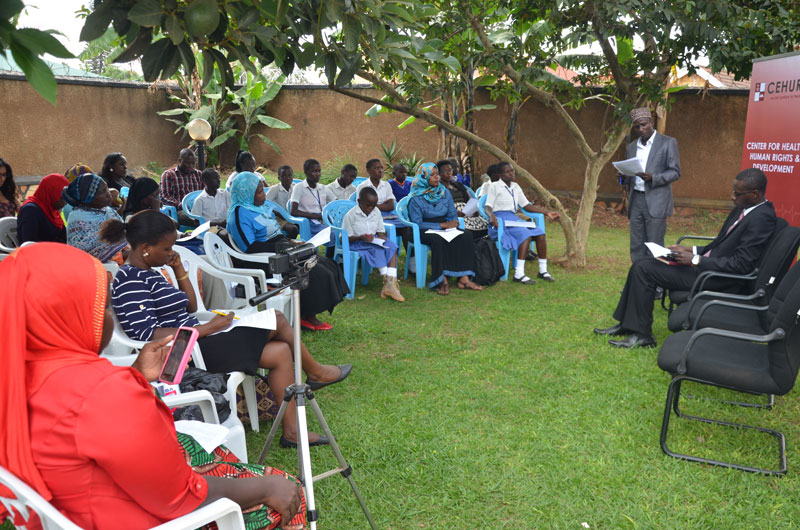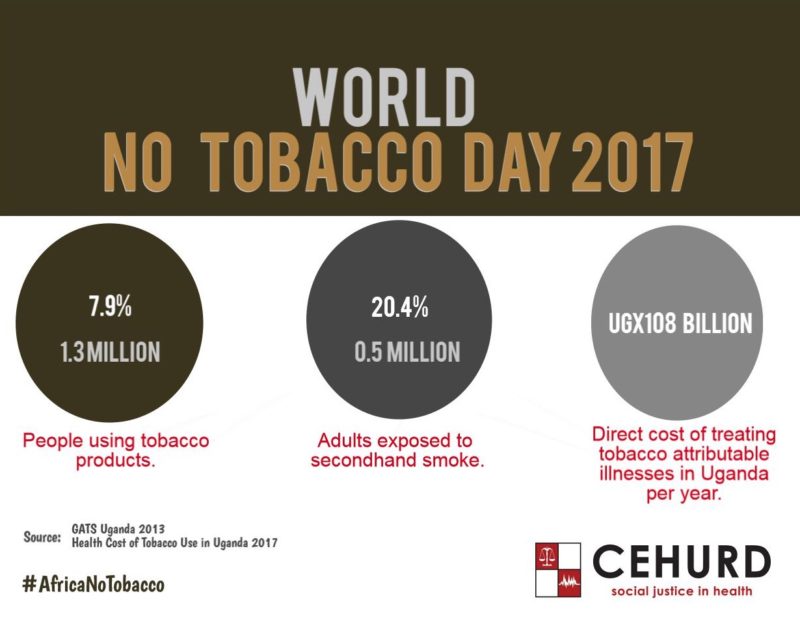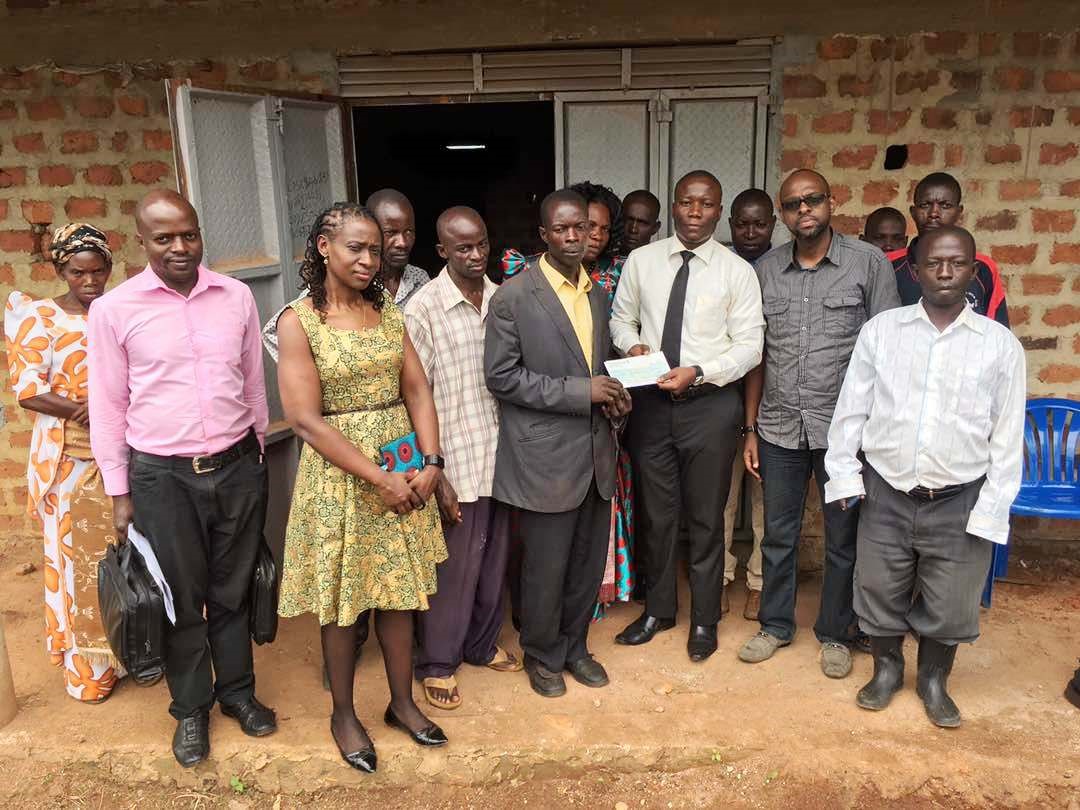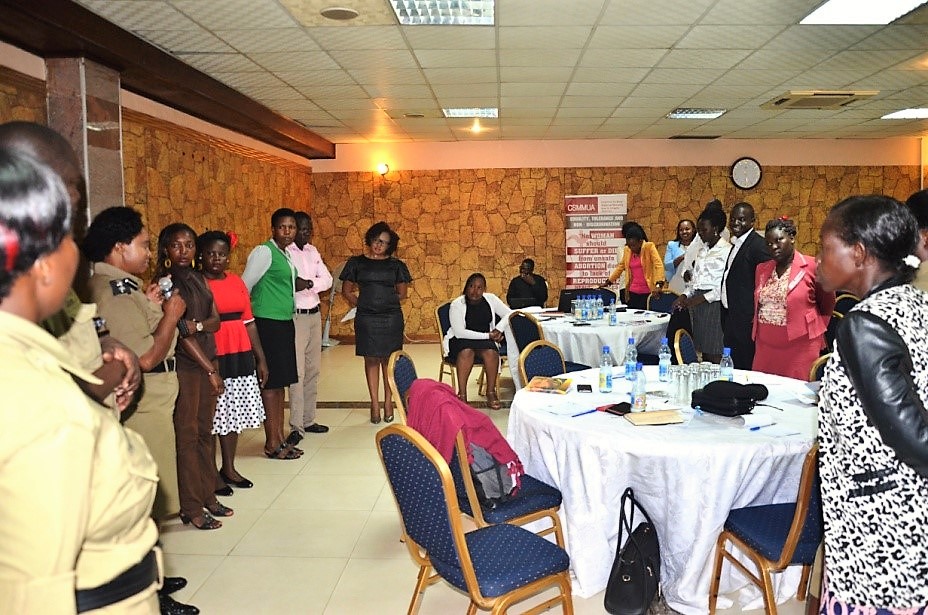The Center for Health, Human Rights and Development (CEHURD) today joins the rest of the world to commemorate the International Day of the African Child (IDAC) 2017 under the theme: the 2030 Agenda for Sustainable Development for Children in Africa: Accelerating Protection, Empowerment and Equal Opportunity.
As part of celebrations, CEHURD under the Advocacy for Better Health on the eve of the day held a dialogue to deliberate on the challenges and interventions relating to child health.
A panel constituting of a student representative from the Kyambogo Primary School, a midwife from Mulago National Referral Hospital, a community representative and the Deputy Head of Department – Uganda Police Child Protection Unit discussed the various challenges faced in realizing children’s health in Uganda today.
Challenges including child theft at health facilities, inadequate nutrition of children and other underlying causes of child morbidity and mortality such as insufficient and unmotivated health workers and the limited access to commodities related to newborns like the resuscitation devices in health facilities across the country topped the discourse.
Sarah Kedi a pupil of Kyambogo Primary School said that as children they face a number of health challenges including the inability for the girls to take a bath while at school during their menstruation periods. “I call upon government to support the children by providing sanitary towels to students who need them, this will improve sanitation in schools,” she stated.
On issues relating to child morbidity and mortality, communities were called upon to motivate mothers to visit health facilities to receive antenatal care and deliver from hospitals. They were further urged to share the right information with the mother as misinformation may lead them to shun away from the visiting the hospitals contributing to the newborn low scores that can have a negative impact on the child’s growth.
Sister Mary Adong a senior midwife at Mulago hospital, called upon mothers not to value other things than the health of their newborns. She said, mothers forget to do specific things for the health of their babies and yet every baby needs quality antenatal care in order to be bright and healthy.
Instituted in 1991 by the Assembly of Heads of State and the then Organization of African Unity (OAU), the IDAC IS in memory of the 16th June 1976 student uprising in Soweto, South Africa. During that time, students marched in protest against the poor quality of education they received and demanded to be taught in their own languages. Since then, OAU and later the African Union (AU) as well as member states, including Uganda, commemorate the day on 16th of June annually.

